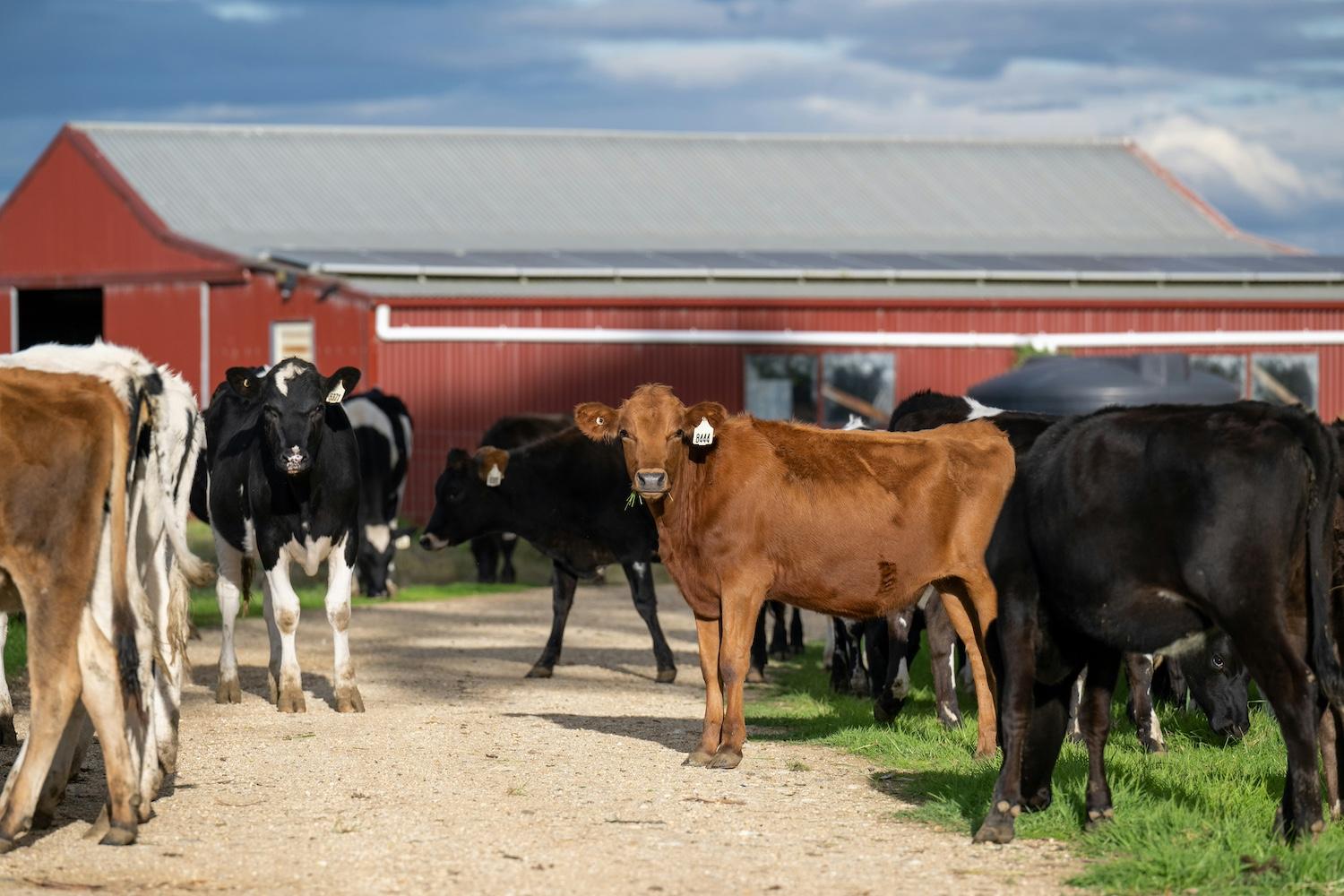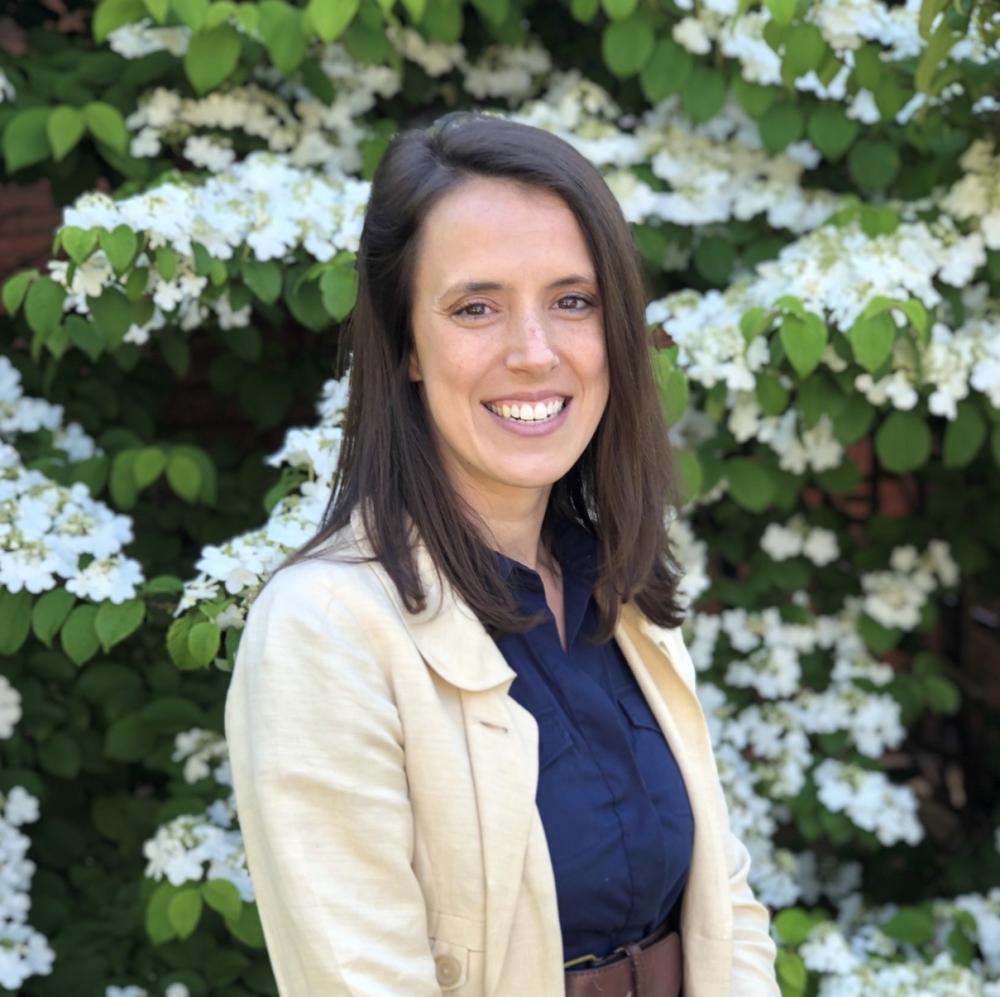
(Image: Zoe Askew/Unsplash)
A new research project aims to transform how livestock farmers manage waste and fertilize their fields while also cutting emissions. The initiative is designed to help farmers lower costs and environmental harm by converting livestock manure into a non-leaching fertilizer while separating and capturing carbon dioxide. The goal is twofold: reduce agricultural emissions by treating livestock waste before it’s applied to land, and reclaim the nutrients trapped in that waste that are essential for crop health but currently underused.
The effort, known as NURSE or Nutrient Utilization and Recovery Through Supercritical Extraction, is led by a coalition of partners, including climate startup Kairos Carbon, Cranfield University, the Royal Agricultural University and the United Kingdom Agri-Tech Center.
“There’s this massive stream of wet, contaminated organic waste that’s polluting water and emitting greenhouse gases, and it’s also full of valuable nutrients,” said Megha Raghavan, CEO of Kairos Carbon. “We saw an opportunity to tackle all those problems at once.”
Raghavan co-founded Kairos Carbon to develop hydrothermal technology that can process high-moisture-content waste such as manure or sewage sludge, which is otherwise hard to treat using traditional methods. “This technology works in water, under high heat and pressure,” she said. “It converts all the carbon in the waste into carbon dioxide, even from things like microplastics or PFAS. That carbon dioxide can then be captured and stored permanently underground.”
In addition to extracting carbon for sequestration, the process yields purified water and nutrients like phosphorus and magnesium that can be turned into usable fertilizer. The resulting fertilizer is designed not to leach into groundwater, meaning more nutrients stay in the soil and feed crops directly.
The U.K. produces around 140 million metric tons of livestock waste each year, the majority of which is spread untreated on farmland, according to the U.K. Agri-Tech Center. Yet less than half of the nutrients in this waste are absorbed by crops. The rest runs off into water sources or evaporates into the air, contributing to both pollution and overall inefficiency.
As global supplies of mined phosphorus dwindle and fertilizer prices surge, technologies that reclaim nutrients from waste are more urgent than ever, Raghavan said. “This isn’t just about climate. It’s about making farming more sustainable and less expensive,” she said. “Farmers shouldn’t have to choose between protecting the environment and protecting their bottom line.”
If successful, the NURSE project could help provide economic opportunities in the clean tech and agriculture tech sectors. Kairos estimates its technology could support hundreds of skilled jobs across chemical engineering, fabrication, agronomy and rural infrastructure.
Kairos is in the early phases of building a pilot facility to validate the system’s technical and economic performance. If successful, the plant will demonstrate that carbon can be extracted, purified and stored to industry standards and that fertilizers made from treated waste can meet quality benchmarks for commercial use.
Raghavan said the pilot will also prove whether the company can price its fertilizer competitively. Rather than charge a premium for sustainability, Kairos hopes to subsidize prices by monetizing carbon credits and offering waste disposal services to industrial clients. “We want to make this a cost-effective solution that fits into farmers’ supply chains without adding financial burden,” she said. “Our focus is on building something scalable, not boutique.”
Long term, Raghavan said she sees potential to expand the technology beyond agriculture to treat other challenging waste streams, including municipal solid waste, wastewater sludge and even hazardous industrial residues.
“We’re starting with livestock waste because it’s abundant and highly polluting, but the technology could eventually help clean up other sectors,” she said.
The company is already exploring partnerships with wastewater treatment facilities and evaluating the feasibility of extracting critical minerals, such as lithium, from other waste sources.
“There’s a window right now to shift from a linear, extract-and-dump economy to a circular one where we recover value and close the loop,” Raghavan said. “This is one of those rare opportunities where climate action, resource recovery and economic logic all align.”

Mary Riddle is the director of sustainability consulting services for Obata. As a former farmer and farm educator, she is passionate about regenerative agriculture and sustainable food systems. She is currently based in Florence, Italy.














